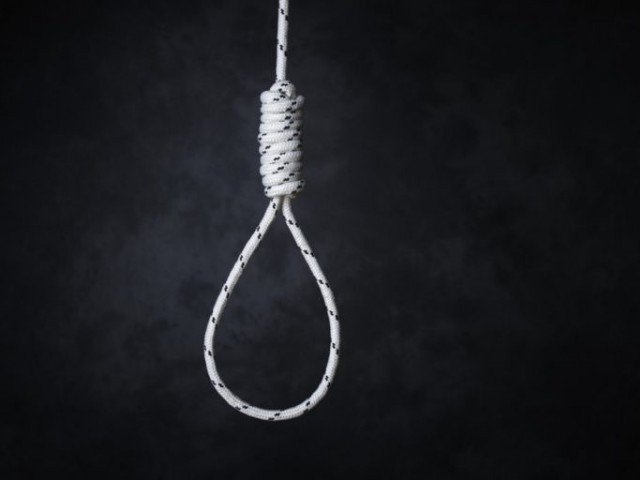
The country also stands amongst most prolific users of the death penalty, sentencing an average one person per day to death, accounting for over 14% of death sentences handed down worldwide, says a statement issued by Justice Project Pakistan on Tuesday.
The statement further reads, “In years following the lifting of the moratorium, countless cases of wrongful convictions and executions have come to light which show serious systemic flaws in the criminal justice system”.
In 2016, two brothers from Bahawalpur were acquitted by a three-member bench of the Supreme Court headed by Justice Asif Saeed Khosa. When word reached Bahawalpur central jail, the prison authorities notified the court they had already been hanged a year before.
Recently, Islamabad came under fire internationally for its failure to abide by its international commitments under the International Covenant on Civil and Political Rights (ICCPR), Convention Against Torture (CAT), and Convention on Rights of Persons with Disabilities (CRPD) as it has knowingly executed 6 juveniles, and continues to have juveniles, mentally ill, and physically disabled people on death row.
Additionally, the National Commission for Human Rights (NCHR) held an urgent inquiry on Tuesday in the case of Khizar Hayat, a mentally ill death row prisoner, and called on the authorities to abstain from issuing his execution warrants until the matter is decided by the Supreme Court.
Member Commissioners of NCHR Shafique Chaudhary and Fazila Aliani expressed serious concerns regarding denial of appropriate relief to which Hayat is entitled to under domestic and international laws. The NCHR had initiated an inquiry into Hayat’s case in November 2016 on a complaint filed by the on grounds of his severe mental illness.
Earlier in July 2016, a court-sanctioned examination at the Punjab Institute of Mental Health had concluded unanimously that Hayat suffers from severe psychosis and treatment resistant schizophrenia. Hayat was sentenced to death in 2003 for fatally shooting a fellow police officer, and has spent nearly 16 years on death row. During the course of his incarceration, he has faced numerous severe near-fatal attacks by fellow inmates as a result of his mental illness thus has remained in solitary confinement since 2012.
Likewise, the NCHR has urged the government to say yes to the moratorium in view of the fact inter alia the criminal justice system needs correction and it is not safe to implement death sentences in such an imperfect system.
“As the apex body of human rights, we feel the best course of action for the government under the circumstances is to observe the moratorium. These feelings have arisen during hearing of a death row prisoner who is suffering from schizophrenia and is not being given protection against issuance of black warrants. There are other people also suffering the same fate,” says Chairman NCHR Justice (R) Ali Nawaz Chowhan.
1732071267-0/lana-(2)1732071267-0-405x300.webp)
1727242355-0/Diddy-(1)1727242355-0-165x106.webp)

1732063440-0/elon-(3)1732063440-0-165x106.webp)




1731749026-0/Copy-of-Untitled-(3)1731749026-0-270x192.webp)








COMMENTS
Comments are moderated and generally will be posted if they are on-topic and not abusive.
For more information, please see our Comments FAQ